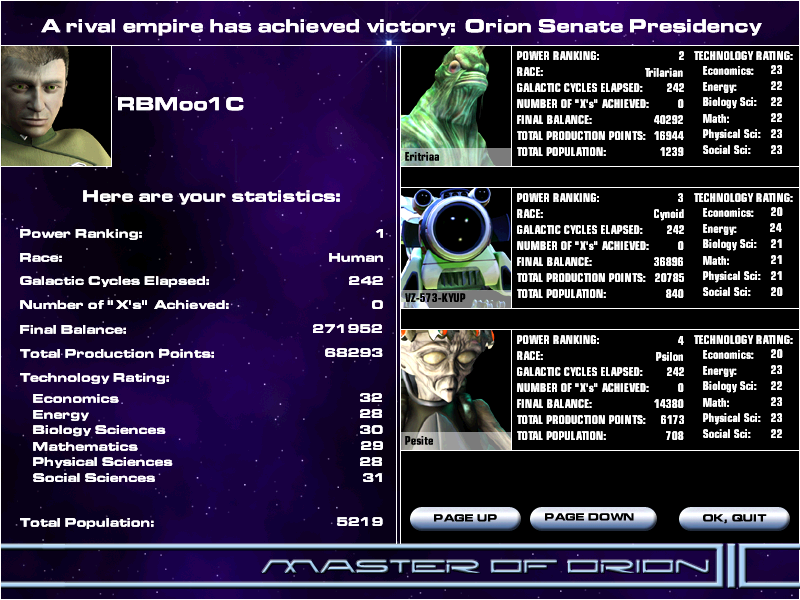Got it. (Drasca, where are you??)
Well, TF requirements depend on the TF size you are trying to make. Generally, ground TFs you just send whatever number of transports you need, so transport TFs are usually small enough not to need extra escorts and stuff. I have not figured out how to send different transports that arrive on the same turn after different planets -- I am not sure how the "unload troops" button works so I have been using "unload all" -- so I want my transport TFs to be small and arrive on staggered turns and anyway. Military TFs tend to be larger and thus have rules regarding formations, and those rules seem reasonable to me. The problem is when we are building a large variety of ships, if we are not building them quickly (e.g. are not controlling our ship-production centers directly and don't make an effort to figure out how to direct the AI to build them quickly) then it becomes difficult to obey formation rules for new TFs due to lack of ships.
It helps that SR and LR ships can be used as escorts. Recon ships are the only ones that can be used for recon, however. Also, LR and SR TF have fewer rules -- they don't need any ships in the escort ring since the game presumes the LR and SR ships in the core may already have enough PD to take care of themselves.
One approach to resolving this is to make sure you are always building enough of the various ship types to be able to field the TFs you need to field. Another approach is to simplify your TF design by labelling all your main fighting ships as, for instance, LR ships, regardless of what weapons they actually carry. This does not affect their ability to do damage and attack targets, but it does affect their AI for target selection, preferred combat range, and so forth. You can get away with this if you expect to fight all your important battles manually or if your numerical/quality advantage is so great that you can overwhelm the enemy regardless.
As for the cruisers in that system, either they are system ships or they are already in a TF. You can't make TFs with ships that are in play; they are always drawn from the reserves. You can't split up TFs that are in play other than by disbanding them, waiting for them to return to the reserves, and reforming them into new TFs.
Well, TF requirements depend on the TF size you are trying to make. Generally, ground TFs you just send whatever number of transports you need, so transport TFs are usually small enough not to need extra escorts and stuff. I have not figured out how to send different transports that arrive on the same turn after different planets -- I am not sure how the "unload troops" button works so I have been using "unload all" -- so I want my transport TFs to be small and arrive on staggered turns and anyway. Military TFs tend to be larger and thus have rules regarding formations, and those rules seem reasonable to me. The problem is when we are building a large variety of ships, if we are not building them quickly (e.g. are not controlling our ship-production centers directly and don't make an effort to figure out how to direct the AI to build them quickly) then it becomes difficult to obey formation rules for new TFs due to lack of ships.
It helps that SR and LR ships can be used as escorts. Recon ships are the only ones that can be used for recon, however. Also, LR and SR TF have fewer rules -- they don't need any ships in the escort ring since the game presumes the LR and SR ships in the core may already have enough PD to take care of themselves.
One approach to resolving this is to make sure you are always building enough of the various ship types to be able to field the TFs you need to field. Another approach is to simplify your TF design by labelling all your main fighting ships as, for instance, LR ships, regardless of what weapons they actually carry. This does not affect their ability to do damage and attack targets, but it does affect their AI for target selection, preferred combat range, and so forth. You can get away with this if you expect to fight all your important battles manually or if your numerical/quality advantage is so great that you can overwhelm the enemy regardless.
As for the cruisers in that system, either they are system ships or they are already in a TF. You can't make TFs with ships that are in play; they are always drawn from the reserves. You can't split up TFs that are in play other than by disbanding them, waiting for them to return to the reserves, and reforming them into new TFs.



